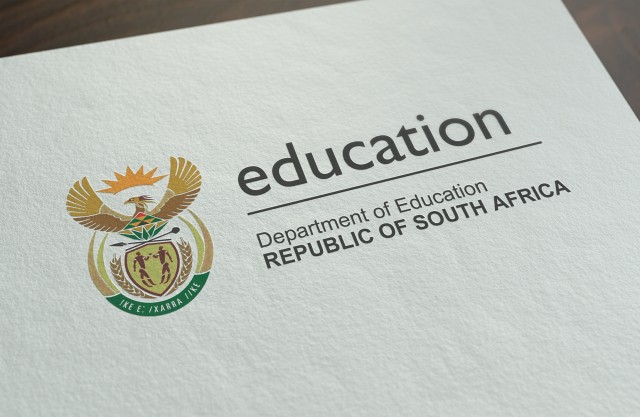Unpaid school fees strain SA education
by Kelebogile Matlou

image: My broad brand
South African schools are facing a significant challenge: rising levels of unpaid tuition fees. For many institutions, this is not just a financial inconvenience, it threatens their ability to function effectively and provide quality education. At the same time, many parents are experiencing severe financial pressure, making it difficult to keep up with school payments.
Ashleigh Laurent, Legal Counsel at TPN from MRI Software, said the current situation calls not only for empathy but also for legal clarity, transparent communication, and proactive engagement between schools and parents.
“From my perspective working closely with educational institutions, the complexities of school fee disputes are clear. Although legal frameworks exist to both prevent and resolve these issues, their success depends on how schools and parents uphold their respective responsibilities,” Laurent said.
According to Laurent, the first and most important step for schools is ensuring that their fee agreements are well-drafted and enforceable. Vague or incomplete agreements often lead to disputes that could have been avoided. “A strong agreement must include key details like the amount owed, due dates, payment methods, and the consequences of non-payment. This protects both the school and the parents and makes expectations clear from the beginning,” she said.
Schools also have a legal duty, under the South African Schools Act and the Exemption Regulations, to inform parents in writing each year about school fees and the procedures for applying for fee exemptions. This responsibility lies with the school governing body and the principal, who must help guide parents through the process.
When parents fall behind on payments, early intervention is crucial. Laurent encourages schools to reach out and open discussions about possible solutions. If exemptions are not applicable and no payment plan is agreed upon, schools are permitted to escalate the matter, this could involve sending letters of demand, reporting parents to credit bureaus, or even seeking legal action through the courts.

image:Foot injury clinic
However, Laurent stresses that such steps must be taken within the bounds of the law, including the National Credit Act, and must be carried out fairly and lawfully. “Parents of learners in public fee-paying schools must understand that exemptions are not automatic. Applications must be submitted annually, and without that, schools are under no obligation to take financial hardship into account,”Laurent explained.
In cases where financial difficulty becomes unmanageable, Laurent advises that parents should consider more affordable educational options. While it may be an emotional decision, it can prevent further debt and ensure the child’s learning is not disrupted. She also reminds parents to honour any required notice periods to avoid incurring penalties when transferring schools.
Laurent believes the solution to the school fees crisis lies not in blame but in collaboration. Schools must communicate effectively and follow the law, while parents need to stay informed, act in good faith, and seek help when needed.
“When schools and parents work together, rooted in fairness and legal understanding, unpaid fees can shift from a heavy burden to a manageable challenge, allowing both parties to stay focused on what truly matters: educating the next generation,”she said.



